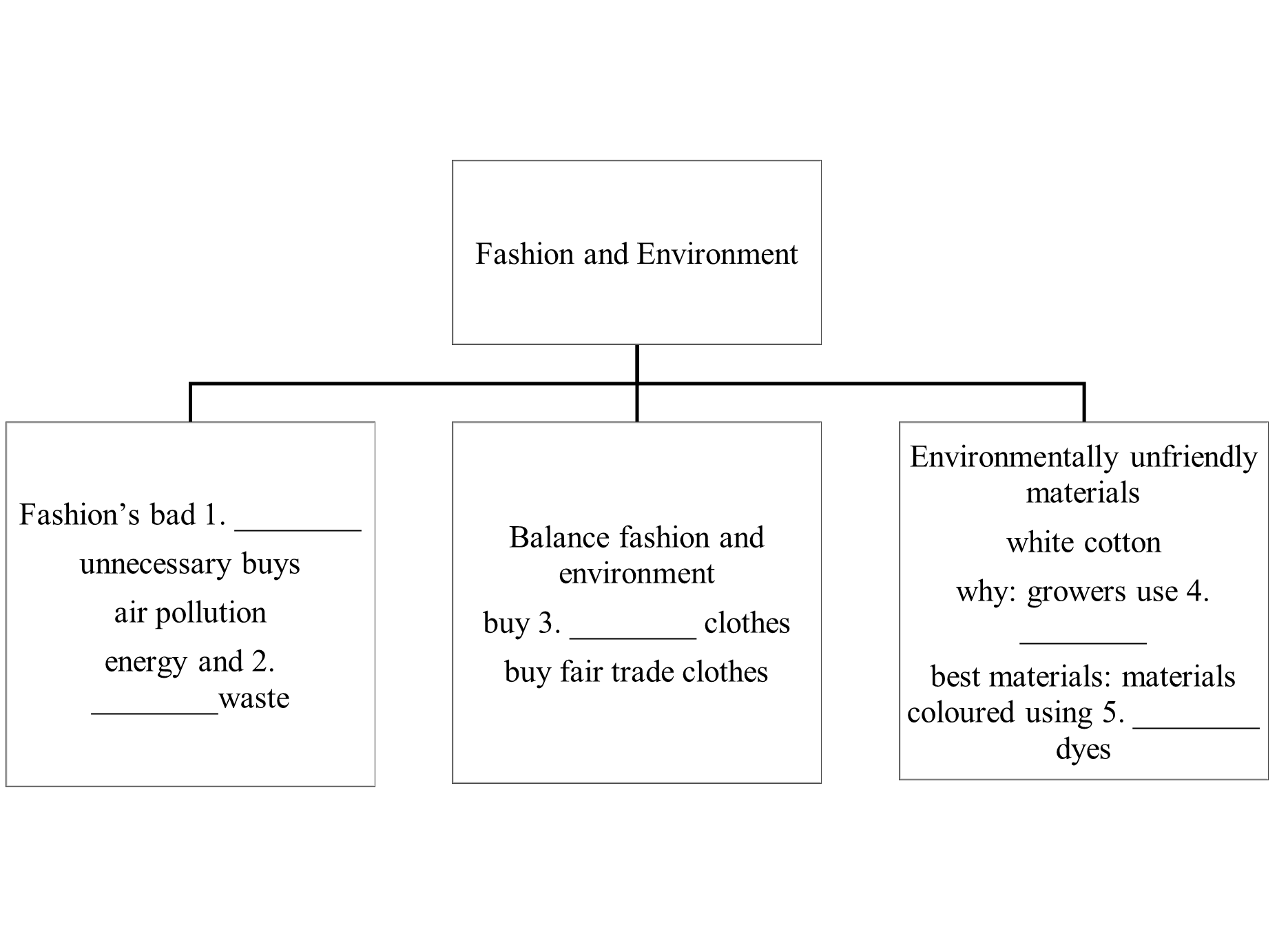"Refinancing vs. Home Equity Loan: Which is the Best Choice for Your Financial Needs?"**
Guide or Summary:RefinancingHome Equity LoanRefinancingRefinancing, commonly referred to as "refi," is the process of replacing your existing mortgage with……
Guide or Summary:
Refinancing
Refinancing, commonly referred to as "refi," is the process of replacing your existing mortgage with a new one, typically to secure a lower interest rate or to change the loan term. Homeowners often consider refinancing when interest rates drop, as it can significantly reduce monthly payments and total interest paid over the life of the loan. Additionally, refinancing can allow homeowners to switch from an adjustable-rate mortgage (ARM) to a fixed-rate mortgage, providing more stability in monthly payments.
There are several reasons why homeowners might choose to refinance. One of the most common is to reduce monthly payments. By obtaining a lower interest rate, homeowners can save money each month, which can be redirected towards other expenses or savings. Another reason is to access equity built up in the home. This is often done through a cash-out refinance, where the homeowner takes out a larger loan than the existing mortgage and receives the difference in cash. This cash can be used for various purposes, such as home improvements, debt consolidation, or other financial needs.

However, refinancing is not without its costs. Homeowners must consider closing costs, which can range from 2% to 5% of the loan amount. It's essential to calculate how long it will take to recoup these costs through the savings gained from lower monthly payments. Additionally, refinancing can extend the loan term, potentially leading to more interest paid over time.
Home Equity Loan
On the other hand, a home equity loan allows homeowners to borrow against the equity they have built up in their home. This type of loan is often referred to as a second mortgage and is typically a fixed-rate loan that is paid back over a set term. Home equity loans can be an excellent option for homeowners looking to finance larger expenses, such as home renovations, education costs, or medical bills.

One of the main advantages of a home equity loan is that it usually offers lower interest rates compared to personal loans or credit cards. Since the loan is secured by the home, lenders are often willing to offer more favorable terms. Additionally, the interest paid on a home equity loan may be tax-deductible, which can provide further financial benefits.
However, like refinancing, home equity loans come with risks. Borrowers are essentially putting their homes on the line, as failure to repay the loan could result in foreclosure. It's crucial for homeowners to assess their financial situation and ensure they can comfortably make the payments on top of their existing mortgage.

In conclusion, both refinancing and home equity loans offer unique advantages and potential drawbacks. The best choice depends on individual financial circumstances, goals, and the current state of the housing market. Homeowners should carefully evaluate their options, consider consulting with a financial advisor, and perform a cost-benefit analysis to determine the most suitable path for their financial needs. Whether opting for a refi or a home equity loan, understanding the implications and responsibilities of each can lead to informed decision-making and better financial health.